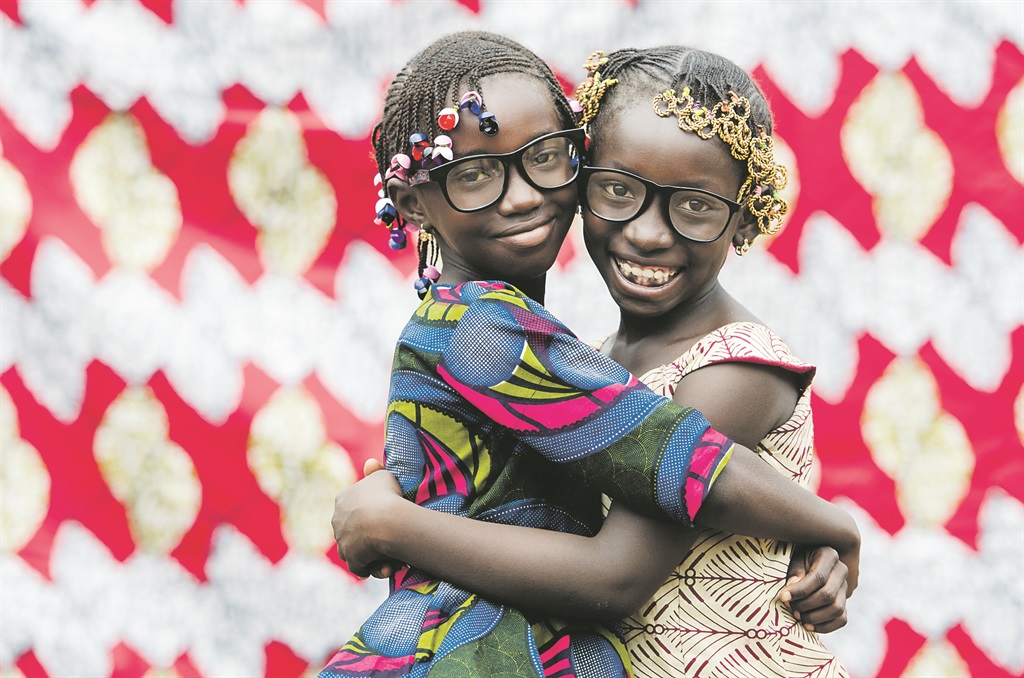
The African continent is unique for many reasons: our diverse landscapes, melting pot of cultures, rich biodiversity, fertile soils and vast mineral wealth.
We’re the cradle of civilisation. We’re home to the longest river, largest desert and fastest animal.
But, most notably, Africa is unique because it is young.
Young and full of potential.
As we celebrate Africa Day on May 25 it is fitting to look to the future and the potential the continent holds.
By 2050 Africa will account for 42% of all global births and by 2055 1 billion children – almost 40% of the global total – will live in Africa, according to Unicef’s latest Generation 2030 2.0 report.
The report reveals compelling statistics regarding the changing African child demographic, growing fertility and survival rates, urban trends and the effect this has on education and healthcare infrastructure in Africa.
It follows on from Unicef’s 2014 Generation 2030 report, which collected data on the demographics of the African continent, analysed the implications of its growing child population and explored the policy options available for leaders.
The drivers of this child population growth are the increasing number of women of reproductive age and improved child survival rates.
These numbers will put a strain on healthcare, with an additional 2.2 million health professionals needed to meet the minimum health systems threshold set by the World Health Organisation.
Furthermore, between 2015 and 2030 Africa will see a 33% increase in the child population of primary school age, from 189 million to 251 million, highlighting the need for more schools and educators to accommodate these numbers.
The findings raise the questions: “Why does this matter and what does this have to do with me?”
Primarily, these numbers leave us in an interesting situation: With the correct investments in young people and by developing the right infrastructure, we have the opportunity to harness this demographic and create a youth dividend, which will accelerate economic growth.
But if we fail to do so, Africa will face an unprecedented youth burden, exacerbating unemployment, social unrest and dependency on government hand-outs.
Those of us born in the 1990s and the 2000s either fall into this demographic or will contribute to it in the coming years.
I am a young African woman who is fortunate enough to work with other influential African millennials to help young people from across the continent get to grips with policy issues and equip them with research and negotiating skills which can be used in meetings with decision-makers at the national, regional and global level, as well as international forums, such as the UN.
I have seen and experienced this African potential first-hand through my work.
From youth bloggers and social media influencers to members of local youth parliaments and heads of organisations, African millennials are contributing towards active change in their societies.
Africa Day is a celebration of these inspiring youths and a reminder that, despite our difficult past, Africa can and will rise to meet the environmental, economic and social challenges of our time.
Crackdowns on free speech, the effects of climate change, the disregard of democratic principles that can lead to totalitarian rule, increased acts of violence, war and instability, economic uncertainty, the rise of populism, and police brutality are just some of the global challenges our generation faces.
The first step is to include young people in policymaking in a way that is not tokenistic. We cannot create policies on education, economics, healthcare, immigration, politics and climate change without including the youth.
Policymakers must invite young people to policy consultations, host interactive dialogues, engage and educate them on existing policies, and actively include young people in the political space.
The second step is to recognise that this diverse group, separated by different lived experiences, borders and political ideologies cannot be homogenised. There is strength in our differences.
And, although these differing voices use social media platforms, civil society organisations, NGOs and youth-led organisations to call for a range of actions to be taken within their communities, together they add up to a unified youth voice across all borders – and this voice must become louder.
I have experienced the fiery and contagious passion young people possess and seen this translate into youth activism.
Having conversed with, debated against and worked with young people across the continent I am confident about our future. A confidence I hope policymakers will share this Africa Day.
This unique continent – with its diverse people, breath-taking landscapes and vast wealth of natural resources – needs targeted investment in its youth to fulfil its potential.
This Africa Day we need to reflect on how far we’ve come and recognise how far we can go if policymakers make the right choices to empower and protect our youth.
Young people need to challenge the status quo and actively fight for a seat at the decision-making table – and if we’re not given one, we’ll bring our own chairs.
Elgoni is youth programmes officer at the SA Institute of International Affairs
TALK TO US
What role do you think young people can play going forward? Should they be included?
SMS us at 35697 using the keyword YOUTH and tell us what you think. Please include your name and province. SMSes cost R1.50




 Publications
Publications
 Partners
Partners








